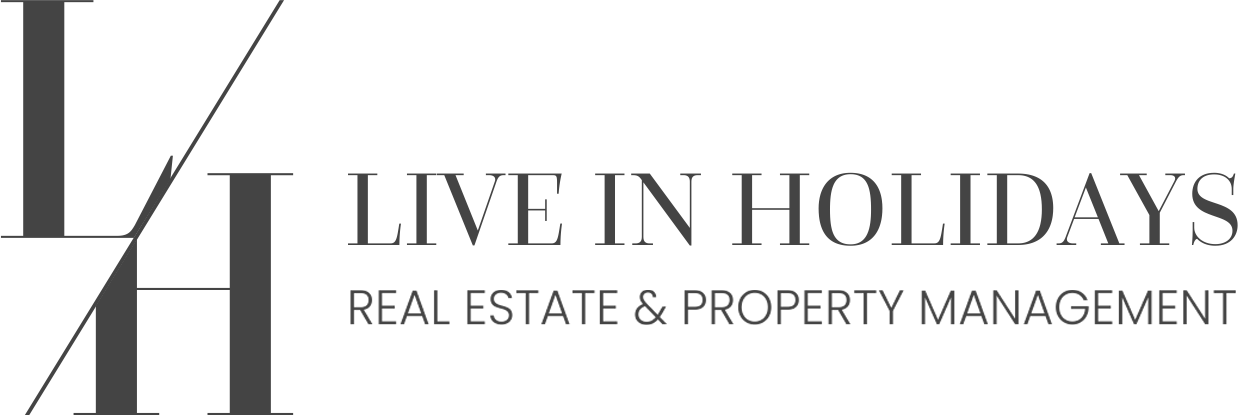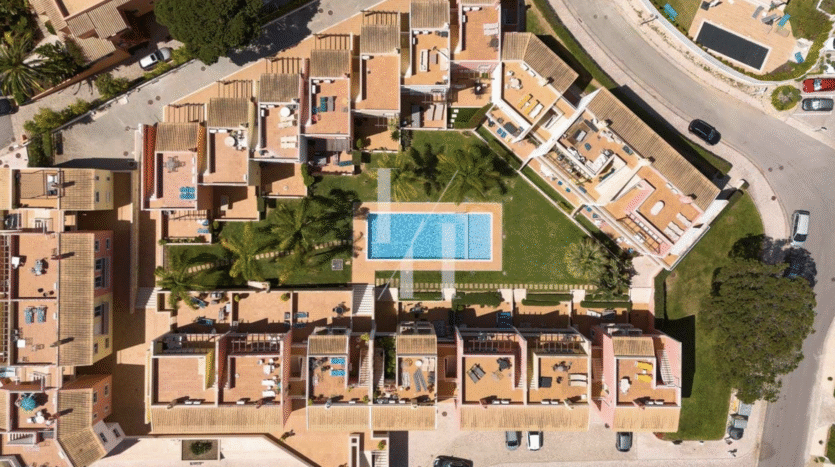Renting vs Properties to Buy in the Algarve, Portugal
The decision between renting and buying a home is one many people debate and it can feel frustrating to weigh the pros and cons. While renting offers flexibility, homeownership is often seen as a key step toward building wealth. But just how much does this decision impact your net worth? Let’s break it down.
How Homeownership Builds Wealth
One of the biggest financial advantages of buying a home is equity. When you purchase a property, your monthly mortgage payments contribute to ownership rather than simply covering a landlord’s costs. Over time, as property values increase, homeowners build wealth through appreciation.
Additionally, homeowners benefit from fixed mortgage payments, meaning their housing costs remain predictable compared to renters, who may face rising rent prices each year. The ability to leverage a home’s value for loans, rental income, or future resale makes homeownership a long-term financial asset.
Why Renting May Seem Appealing
Renting provides flexibility and allows for greater liquidity, making it easier to diversify investments. It’s an attractive option for those who move frequently or are unsure about long-term plans. Without the responsibilities of home maintenance and property taxes, renters can avoid some of the financial burdens homeowners face.
However, renting does not contribute to wealth accumulation in the same way homeownership does. Monthly rent payments go to a landlord rather than building equity, meaning renters miss out on the financial gains of property appreciation. Over time, this difference can significantly impact overall net worth.
Why Renting Still Makes Sense
Renting provides flexibility, ease of mobility, and fewer responsibilities. It can be especially beneficial for people who move frequently, are exploring different locations, or prefer not to deal with the commitments of homeownership. Renting also frees up capital, making it easier to invest in other assets or maintain greater liquidity.
While it’s true that renters don’t build equity in the same way as homeowners, renting isn’t “throwing money away.” In fact, it can be a smart decision depending on personal circumstances, especially when paired with disciplined saving and investing strategies.
The Net Worth Gap Between Renters and Homeowners
The net worth gap between renters and homeowners is a topic of ongoing discussion. While studies generally indicate that homeowners tend to have higher net worths than renters, it’s essential to understand the complexities of this issue and avoid oversimplification. This isn’t a simple cause-and-effect relationship, as other factors like income, savings, investments, and inheritance play significant roles. It’s also important to note that this is a general trend, and individual circumstances can vary widely.
In many European countries, homeownership is linked to higher net worth. For instance, in Portugal, property values have seen steady growth, with the average Algarve property price reaching €3,334 per square meter early this year, according to Propertstar. Meanwhile, in Spain, homeownership is also a significant factor in wealth accumulation, with property prices rising steadily in key regions like Madrid and Barcelona.
Looking at the Portuguese property market specifically, data from the Instituto Nacional de Estatística (INE) shows that prices increased in 19 out of 26 regions compared to the previous year, with Baixo Alentejo experiencing the highest growth at 28.5%. This continued appreciation contributes to the wealth accumulation of homeowners.
The Algarve, a popular region for both domestic and international buyers, is among the five most expensive regions in Portugal, alongside Lisbon, Madeira, Setúbal and Porto. Data collected by Savills indicates that foreign buyers continue to significantly impact the market, with foreign capital accounting for 81% of real estate investment across the whole of 2024.
On the other hand, renters face rising rental prices due to the scarcity of long-term rentals and the popularity of short-term holiday lets. Reports from property market analysts indicate that rental prices in the Algarve rose, making it harder for renters to accumulate wealth compared to those who invest in property.
However, it’s crucial to acknowledge the risks associated with homeownership. Property values can fluctuate and market downturns can lead to negative equity. Unexpected expenses like repairs and maintenance can also strain finances. Furthermore, a home is a less liquid asset than other investments, meaning it can take time to sell.
Factors to Consider
Before deciding whether to rent or look at properties to buy in the Algarve, it’s important to evaluate key financial and lifestyle factors:
- Market Conditions – Research property values, interest rates and housing trends in your preferred location.
- Long-Term Plans – Buying makes more sense for those planning to stay in a location for several years, while renting offers flexibility.
- Upfront Costs – Homeownership requires a significant initial investment, including a down payment, taxes, and maintenance expenses.
- Financial Stability – A stable income and good credit are essential for securing a favourable mortgage.
- Liquidity and Risk – Property is a long-term asset and less liquid than other investments. Market fluctuations can impact home values.
Making the Right Choice for You
The decision between renting and buying depends on individual circumstances. While homeownership provides long-term financial benefits, it requires careful planning and commitment. If you’re ready to invest in property and build wealth over time, buying a home can be a strategic move.
Live In Holidays offers both options, whether you’re looking for a short-term holiday rental, a long-term lease or the perfect property to buy. Explore our listings to find the right property for you.
The information within this blog is not financial advice, and you should do your own research.



